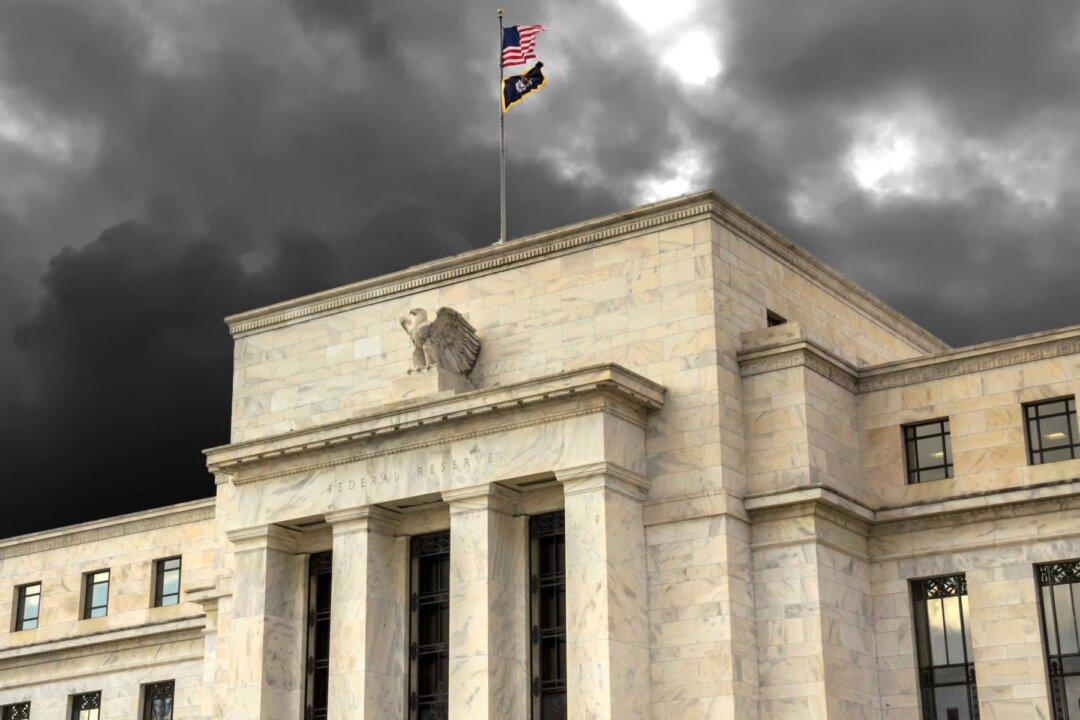The Federal Reserve Board of Governors on Dec. 2 invited public comment on proposed principles for managing climate-related risks of banks with $100 billion or more in assets.
Six of the board’s seven members voted in favor of the move. They included Federal Reserve Chair Jerome Powell, who became chair under President Donald J. Trump. Powell was first appointed to the board by President Barack Obama.





